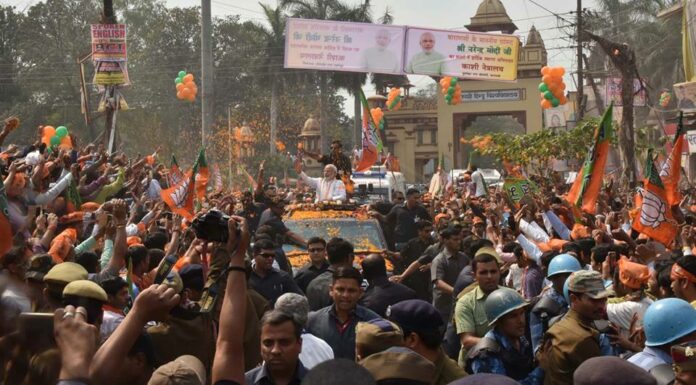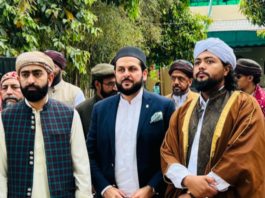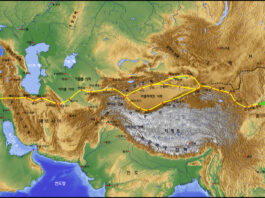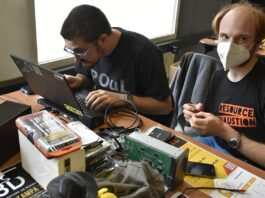
After protesting over a security breach and causing adjournments, 140 odd MPs were suspended from the Indian parliament between December 14 and 18th, towards the close of the winter session, which ended on December 21. The suspension allowed the government to afterwards pass new anti-terror bills into law without debate.
“Be it villagers opposing mining or activists supporting Palestine, protesters face arrest and criminal charges,” says the Deccan Herald. “Even Parliament is no different. In the so-called temple of democracy, the number of MPs suspended has more than doubled since the BJP secured a brute majority.”
BJP is the Modi’s extremist party, Bharatiya Janata.
Hannah Ellis-Petersen, reporting for the Guardian from Delhi writes that one of the MPs who were suspended, one Manish Tewari, “accused the government of suspending the MPs in order to push through various ‘draconian’ criminal laws… without the opportunity for dissent.”
Prime Minister Narendra Modi said afterwards that the laws “come down heavily on organised crime, terrorism and such offences which strike at the root of our peaceful journey to progress.”
The new laws will inevitably affect Muslims more than any other anti-BJP minorities.
“Minorities will face the brunt, as seen in the very first directive of new Madhya Pradesh Chief Minister Mohan Yadav: the bulldozing of homes of three Muslims accused of assaulting a Bharatiya Janata Party (BJP) worker,” the Deccan Herald continues.
Vijay Prashad, an Indian historian writing for People’s Dispatch, said the suspended MPs called it a “murder of democracy” and alleged that the BJP government has installed an “extreme level of dictatorship” in India. “This act comes after a range of attempts to undermine India’s elected opposition,” writes Prashad.
Others are now experiencing a level of fear for their rights, according to Prashad, fear that the Muslim minority in India has experienced since the inception of the state.
According to The Hindu, Muslims have always been “severely under-represented” in India’s parliament. “Since Independence, Muslim representation has been far below the community’s share in the general population of the country,” which stands at 14%, according to the last Census in 2011, says The Hindu.
This means Muslims have never had the rights of other religious groups in India, even as the state is known as the largest democracy in the world.
For example, there is the prohibition to eating beef in some provinces of India and violence against Muslims who are suspected of eating or carrying beef and about the violence that happens with no other cause.
What happened in the Indian parliament?
“Two men jumped from the press gallery into the hall and released smoke canisters to protest the failure of the elected officials to debate issues of inflation, unemployment, and ethnic violence in Manipur,” according to Prashad. “The men received passes to enter parliament from Pratap Simha, a parliamentarian of the BJP. He has not been suspended. The BJP used this incident to suspend the opposition parliamentarians.”
IP Correspondent



